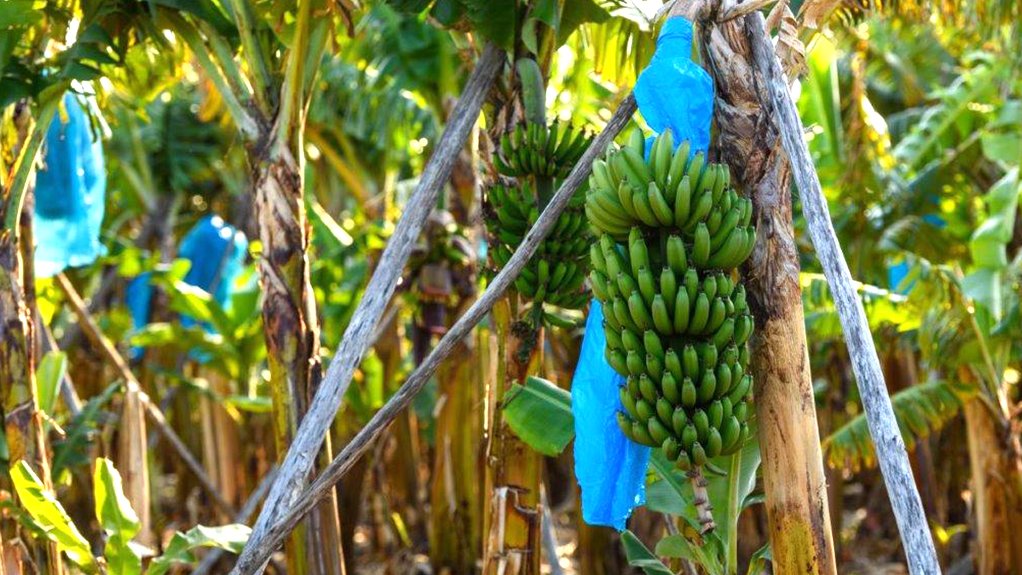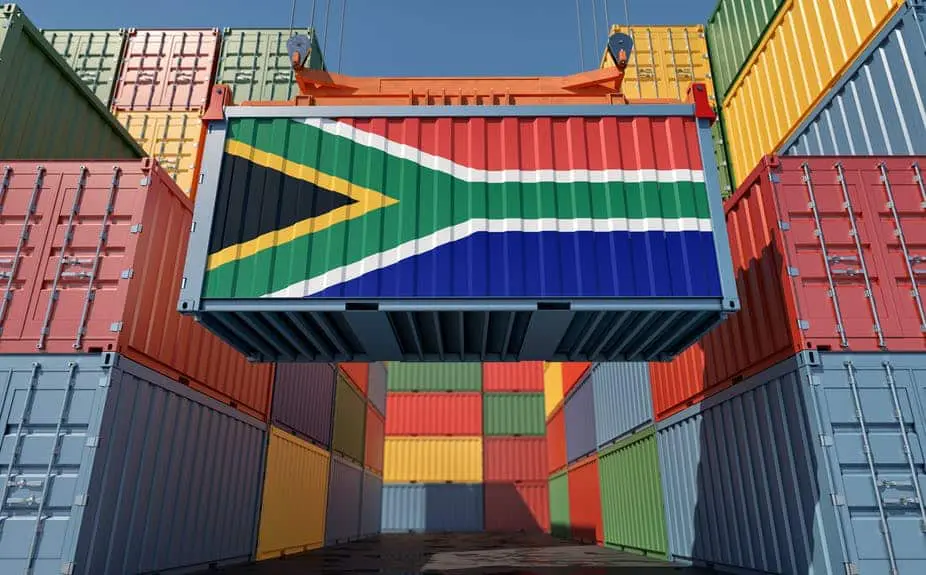The first UN-chartered vessel loads grain for export to Ethiopia, in Yuzhne, east of Odessa on the Black Sea coast on August 14, 2022. UNCTAD is endorsing calls to renew the Black Sea Grain Initiative, a provisional agreement involving Russia, Ukraine and Turkey to keep the flow of grain exports.
A United Nations trade agency is endorsing calls to renew the Black Sea Grain Initiative, a provisional agreement involving Russia, Ukraine and Turkey to keep the flow of grain exports even as Moscow and Kyiv continue to fight.
The United Nations Conference on Trade and Development (UNCTAD) says the Initiative, which began in July, to have Ukrainian grain exported via the Black Sea, has offered hope and shown the power of trade in times of crisis.
The UNCTAD says in its latest report that the Initiative, which expires at the end of October should be renewed.
“Port activity in Ukraine is picking up and large shipments of grain are reaching world markets. As of 19 October, the total tonnage of grain and other foodstuffs exported through the initiative had reached almost 8 million metric tonnes,” reads the report.
The UN-led Initiative, brokered by Turkey, has helped to stabilise and subsequently lower global food prices and move precious grain from one of the world’s breadbaskets to the tables of those in need. Ukraine, which has since been invaded by Russia, had been the world’s biggest wheat exporter especially to poor African countries and the Middle East. After the war started, military activity in the waters and around the ports prevented exports, until Ankara brokered the deal last July.
Global food prices
The Food Price Index published by the UN Food and Agriculture Organisation has shown that the prices of global food staples have declined in recent months by about 8.6 per cent in July, 1.9 per cent in August and 1.1 per cent in September as a result of the initiative.
But with the initiative ending in November and its renewal uncertain, the prices of some commodities such as wheat and maize are rising again, the report warns.
Food security
“Without the initiative, there is little hope for providing food security, especially in developing and least developed countries,” read the report.
While shipments are still about 40 per cent to 50 per cent, port activities in Ukraine are still below the pre-war period but the trend is in the right direction.
Under the UN-led initiative, three seaports have been reopened – Odesa, Chornomorsk, Pivdennyi/Yuzhny. As a result, the number of port calls has increased and more importantly, the volumes carried have risen significantly.
The report states the weekly tonnage of grain shipped under the initiative reached 1.2 million tonnes by September. This is still below 2021 levels, but the gap is closing.
Respect UN agreements
This week, the Ukrainian government also called on Russia to respect UN agreements to facilitate supply of basic commodities in Africa and other countries globally.
Ukraine Ambassador to Kenya Pravednyk Andrii urged Russia to allow extension of UN’s agreement on Black Sea grain corridor to allow his country to continue supplying grain past November when the agreement comes to an end.
On July 22, Ukraine, Turkey and the UN signed an agreement in Istanbul that concerns the unblocking of three Ukrainian seaports. Russia signed a mirror agreement with Turkey and the UN, providing assurances of safe and secure passage of the ships, which allowed the shipments of Ukrainian grain and foodstuffs via the Black Sea grain corridor until November this year.
Source Article: The East African








